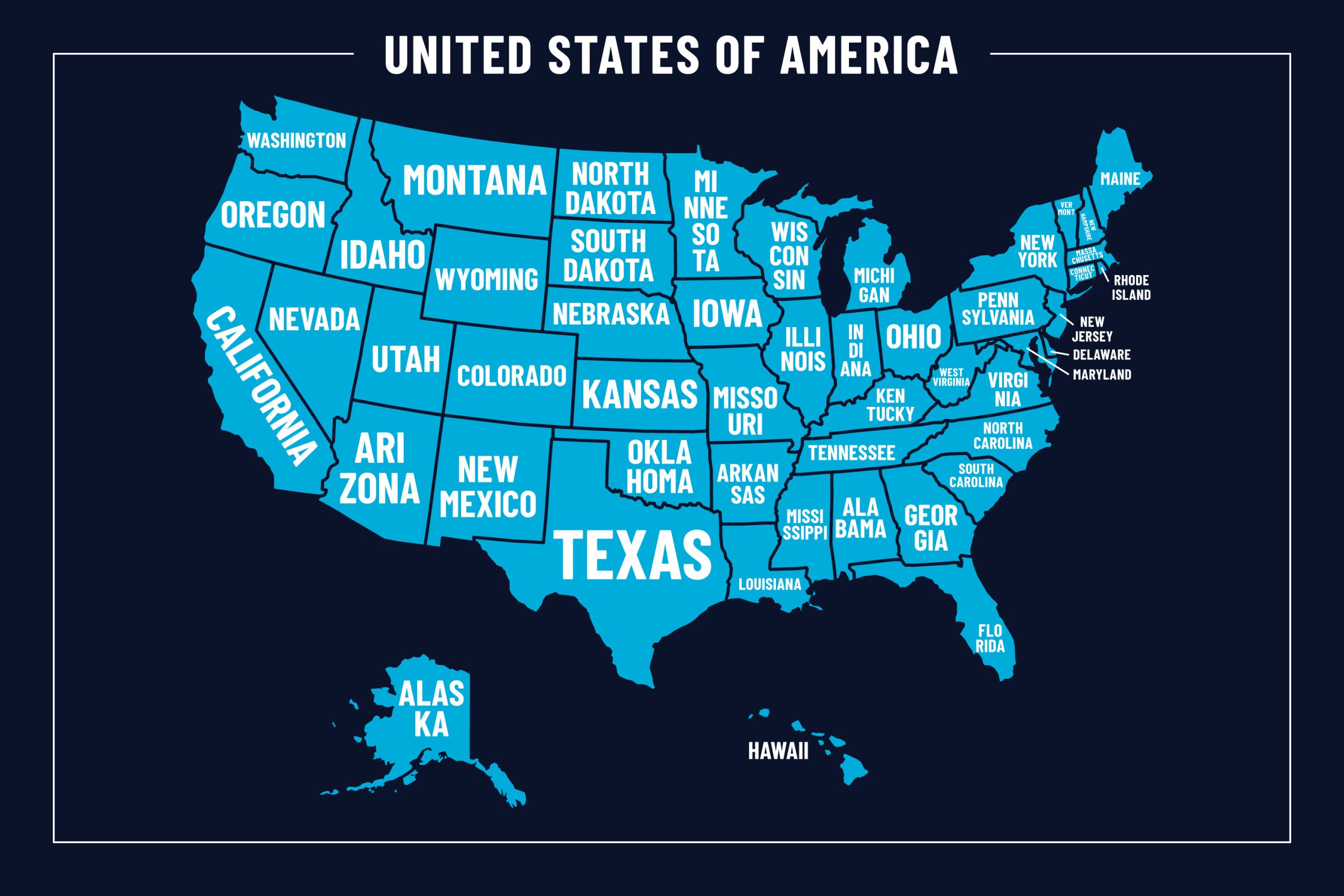-

This One AI Tool Could Be the Career Boost You Didn’t Know You Needed
•
In 2026, the global job market has never been more interconnected, or more competitive. With 16% of companies worldwide operating fully remote and international hiring at an all-time high, job seekers face a new challenge: how do you communicate your value across languages and borders without compromising professionalism? Instead of treating translation like a…
-

Top 6 EOR Solutions in the UK to Navigate Post-Brexit Compliance Challenges
•
The United Kingdom remains a global talent hub, boasting a skilled, multilingual workforce with particular expertise in sectors like financial services, technology, creative industries, and life sciences. Despite the impact of Brexit on EU labor mobility, the UK continues to offer a sophisticated business environment with strong employment protections. An Employer of Record (EOR)…
-

Careers You Can Launch With an Online Human Resources Degree
•
Choosing a degree is a big decision, and if you’re reading this, you’re probably wondering what doors an online human resources degree can actually open for you. You’re not alone. Many people love working with people, solving workplace challenges, and helping organizations grow—but they also want flexibility, stability, and real career options. The good…
-

Implemented & Thriving: How to Make Things Happen
•
Ever feel like you have brilliant ideas but struggle to see them through? You’re not alone. So many people get stuck at the “thinking” stage, dreaming about projects, goals, or plans, but never truly taking the steps to implement them. Today, we’re going to talk about how you can turn ideas into reality, feel…
-

Monday Motivation to Believe in Yourself Again
•
The quiet heaviness that sometimes shows up on a Monday morning is not a sign that you are failing but a signal that your mind is tired and needs a gentle reset, which is exactly why this monday motivation is not about hype or pressure but about slowing down, breathing deeply, and remembering that…
-

Paid Sick Leave Laws by State in the US (2026 Guide for Employers)
•
Paid sick leave laws by state used to be a niche compliance topic. Now they decide whether your payroll passes an audit or explodes into back pay, penalties, and angry Glassdoor reviews. There is still no single federal rule that guarantees paid sick leave for all private-sector workers in the US.Instead, you navigate a…
-

Overtime Pay Laws by State in the US: What HR and Managers Really Need to Know
•
Overtime pay laws by state can feel like a moving target.One week, you are following the federal rule, the next, you learn your state has extra twists you never saw coming. A generic handbook paragraph is no longer enough.If you misapply overtime rules, you are not just fixing a small payroll error; you are…
-

Recruiter Job Description: Templates, Real Examples, And Metrics That Actually Matter
•
A recruiter job description is more than a list of tasks and buzzwords. It is a small contract in plain language that decides who applies, who accepts, and how fast you can actually hire. If the recruiter job description is vague, you attract the wrong people and frustrate your best recruiters.When it is specific,…
-

Final Paycheck Laws by State: 2025 Guide for U.S. Employers
•
Final paycheck laws by state determine when and how you must pay employees after they leave your company. Miss those final pay deadlines, and you risk waiting-time penalties, wage claims, or lawsuits. This guide breaks down final paycheck laws by state in a practical way so you can see who needs to be paid,…
-

Pay Transparency Laws by State (2026 US Employer Guide)
•
Pay transparency laws by state are changing fast across the U.S. In this guide, we break down pay transparency laws by state in 2025 so you can quickly see where employers must include salary ranges, where only local rules apply, and which states still have no pay transparency laws at all. For HR and…